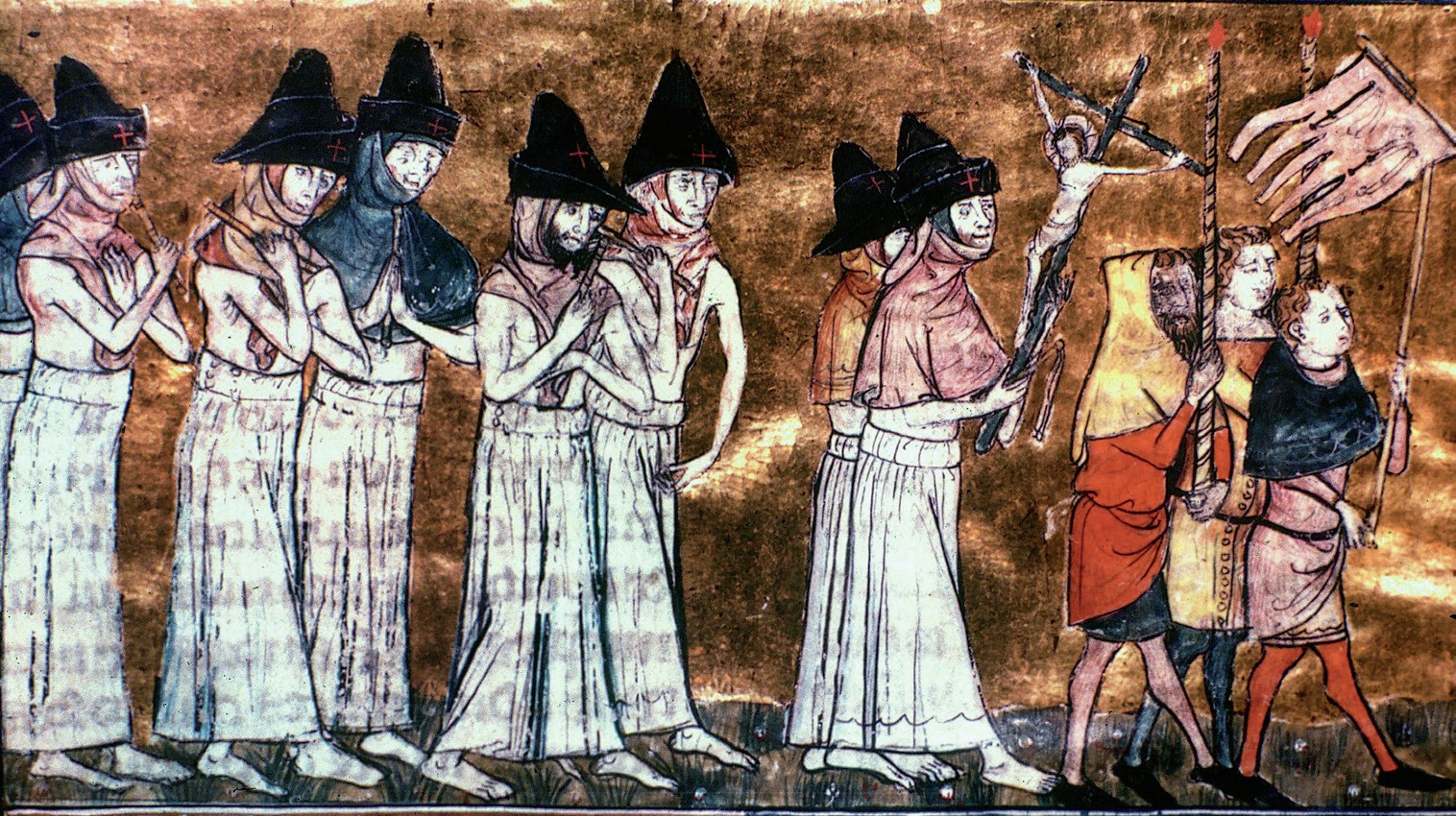
Medieval beliefs about the causes of disease were varied. In the universities, physicians studied the ideas of Hippocrates and Galen and Avicenna’s Canon of Medicine. They approached illness scientifically by recording symptoms and the progress of an illness — their treatments aimed to balance the humours of the body.
This scientific approach to disease and treatment was followed by physicians, apothecaries and surgeons and to some extent midwives, although their training varied. The fact that they had no knowledge of how diseases were spread and a very limited understanding of anatomy meant the treatments they were able to offer were limited in their effectiveness and in some cases could lessen patients’ chances of survival.
Your organisation does not have access to this article.
Sign up today to give your students the edge they need to achieve their best grades with subject expertise
Subscribe




